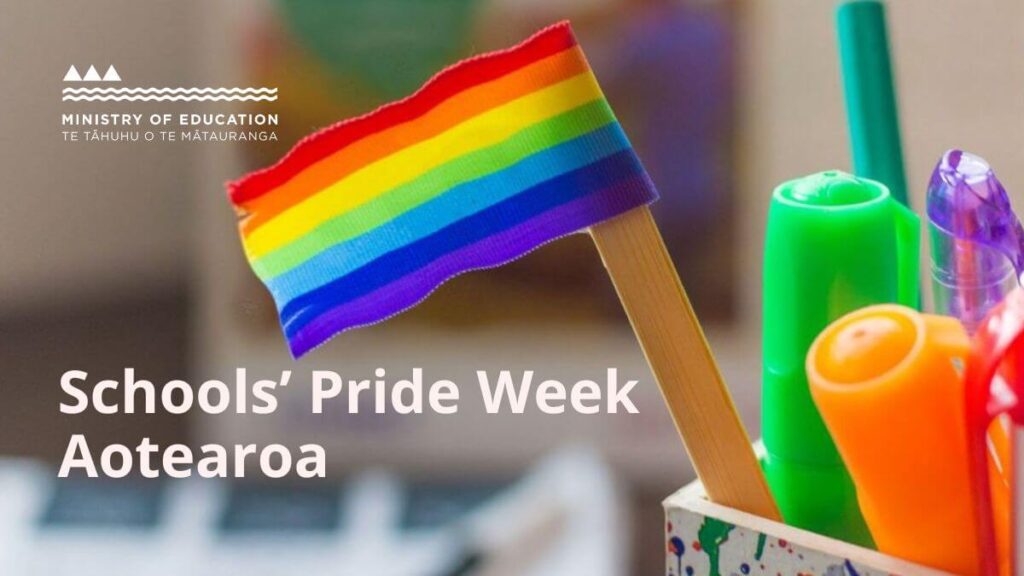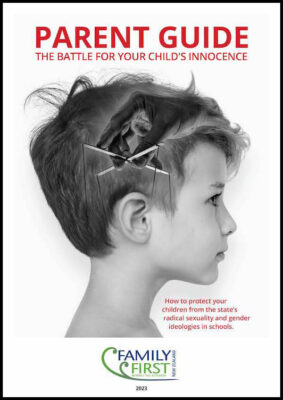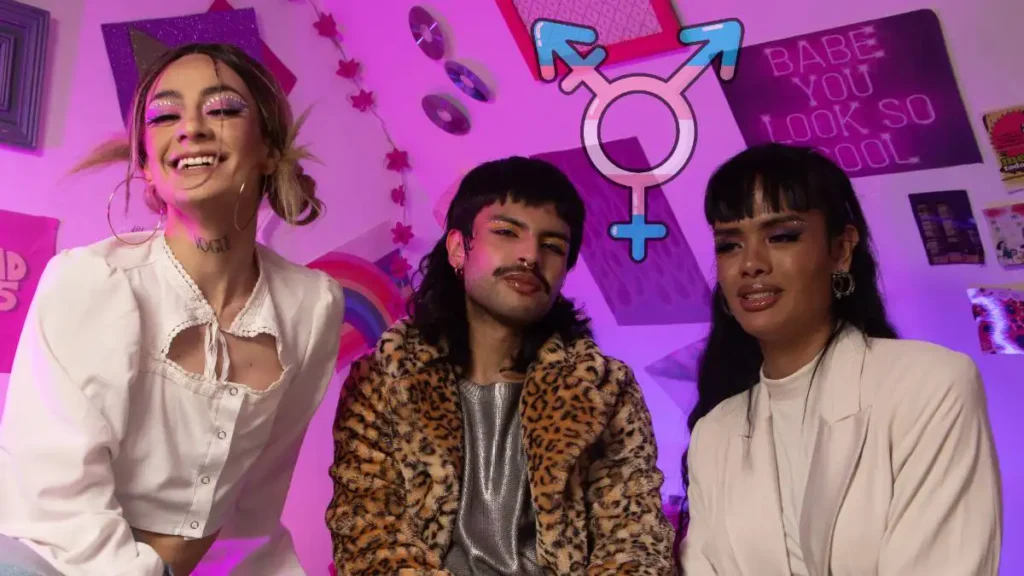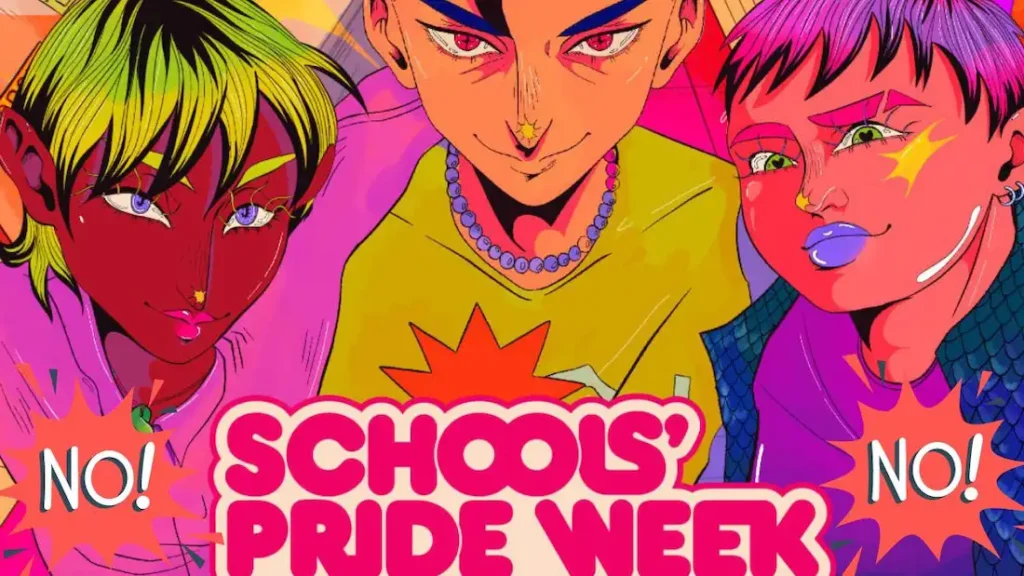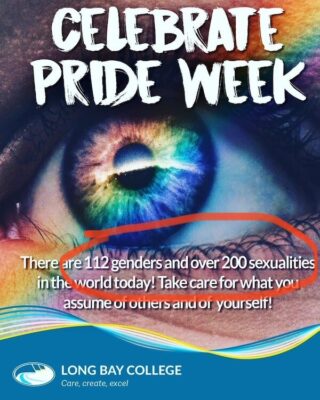 There are so many LGBT-focused days during the year that it may be easier to mark the days when it’s not being showcased. But there’s no “pride” in pushing radical sexuality & gender ideology on children.
There are so many LGBT-focused days during the year that it may be easier to mark the days when it’s not being showcased. But there’s no “pride” in pushing radical sexuality & gender ideology on children.
Auckland Pride Month in February, Transgender Visibility Day on March 31, International Day Against Homophobia, Biphobia and Transphobia on May 17, Pink Shirt Day in May, International Pride Month in June, Out on the Shelves (LGBT library books in schools / community) in June, Celebrate Bisexuality on September 23, National Coming Out Day on October 11, and Transgender Day of Remembrance on November 20. Some regions also have their own Pride weeks.
For those who are still not ‘bowing at the cultural altar’, there is now Schools’ Pride Week Aotearoa for NZ schools being held next week (12th-16th), overseen by the radical and government-funded charity InsideOUT. In addition, on the Friday before “Pride” week (9th), some schools encourage their students across the country vow to take a form of silence (“Day of Silence”) to call attention to so-called “homophobic, biphobic and transphobic” bullying, name-calling and harassment in schools.
“Pride” is a political movement which has been marketed as a demonstration of ‘inclusion and diversity’, but has become the main method for many schools to pacify the aggressive lobbying groups and cultural evangelists who are targeting schools and children with radical and extreme sexuality and gender ideology in the name of “LGBTQIA+++”.
While many adults in society now choose to attend “Pride” events, children should not be exposed to such political and moral indoctrination by their schools.
Ironically, even InsideOUT allude to this concern while trying to justify their indoctrination. This is on the page relating to primary age children!!
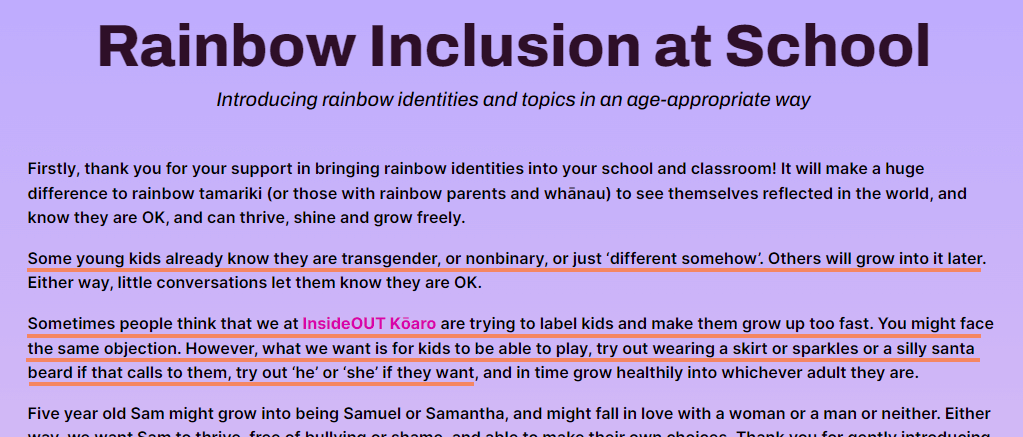
Be prepared for “Pride Week” by finding out in advance what activities your children will be given. As in previous years, InsideOUT will be providing schools with worksheets, lesson plans, and activity ideas, so keep an eye on their website. Be prepared to withdraw your children from any lessons or activities of concern to you.
Here’s an example of the material that they want to push in primary schools (children as young as 5 years old):
Stickers to celebrate transgender, non-binary, gay, lesbian, bisexual, pansexual, asexual, aromantic…
“We have worked closely with rangatahi and our takatāpui community to gather this year’s campaign around the te reo Māori kīwaha (colloquial saying) ‘Poho Kererū’. A figurative expression that references the puffed up plumage of the native kererū bird (historically an important food source for Māori), ‘Poho Kererū’ cannot be directly translated. In inspired English, however, it is often adapted as ‘full of pride’ or ‘puffed up with pride’.
“As is our tradition, the School’s Pride Week Sticker variants are inspired by the various pride flags. In addition to the ever-popular progress pride flag variant, this year’s stickers include transgender, non-binary, gay, lesbian, bisexual, pansexual, asexual, aromantic, intersex variants as well as two variants inspired by the colours of the tino rangatiratanga flag to celebrate our takatāpui, irawhiti and rainbow Māori communities.” (our emphasis added) Source: https://pride.school.nz/
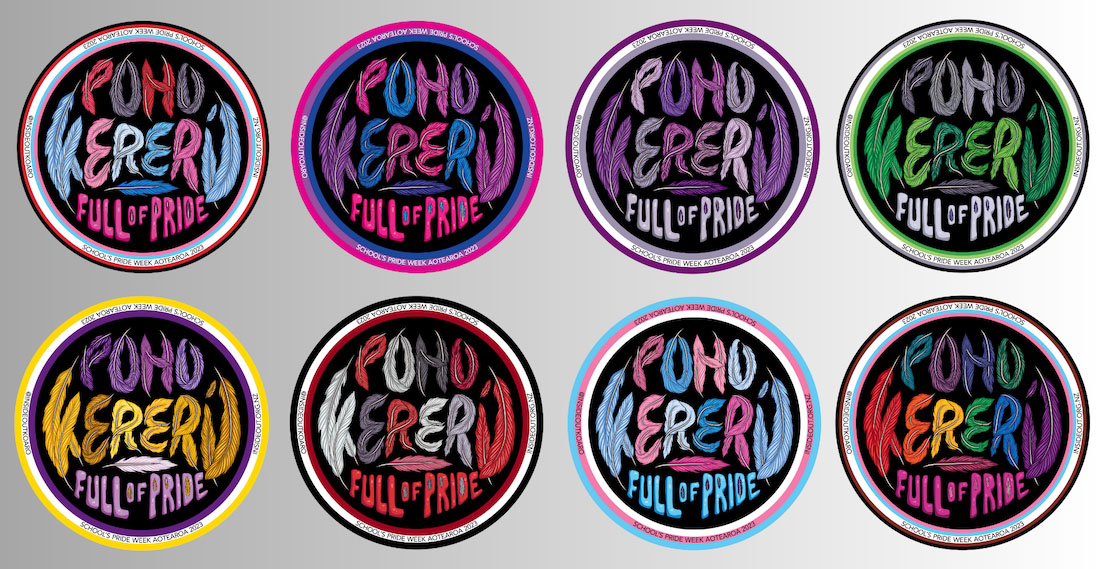
It’s also important to note that InsideOUT and RainbowYouth are heavily funded by the Government, and the resources are endorsed by the current (under-fire) Minister of Education.
Included in the resources for schools is an “all-inclusive” colouring book that explores historical moments, figures and the flags of the rainbow community. It’s an activity for primary / intermediate-aged learners. SEE HERE.
There is also a book database that has a range of categories as shown below. Remember – this is also for young children. We would encourage parents to check what books are being read during “Pride week” and also whether they are already in school libraries. SEE HERE.
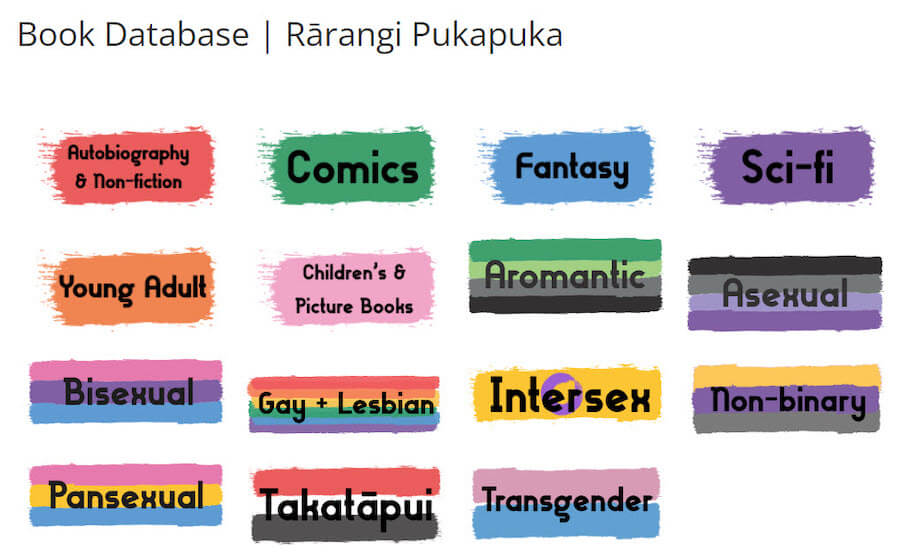
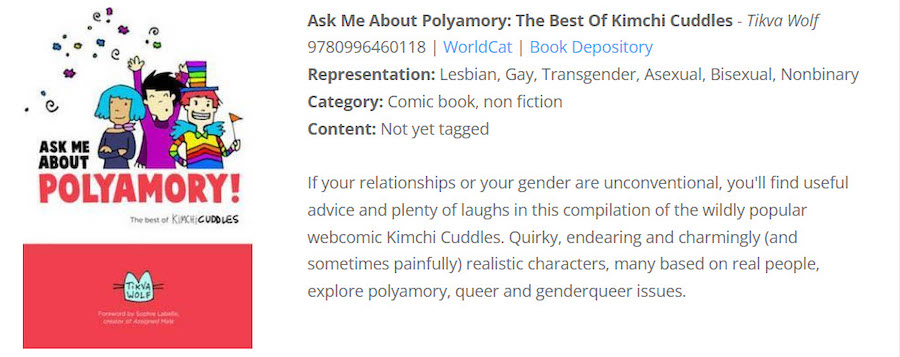
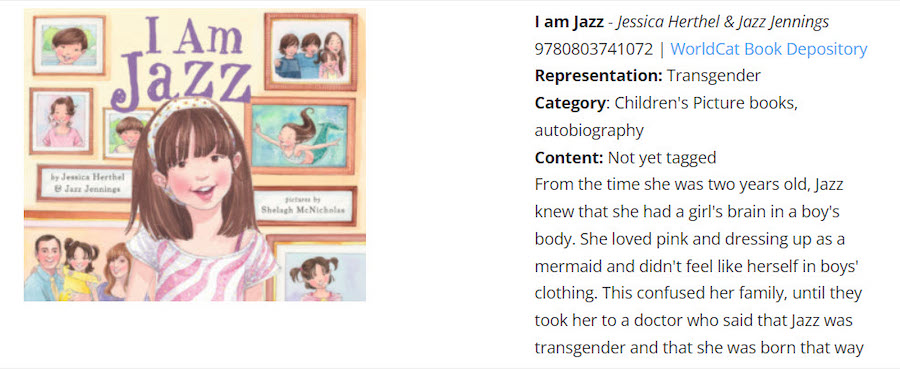
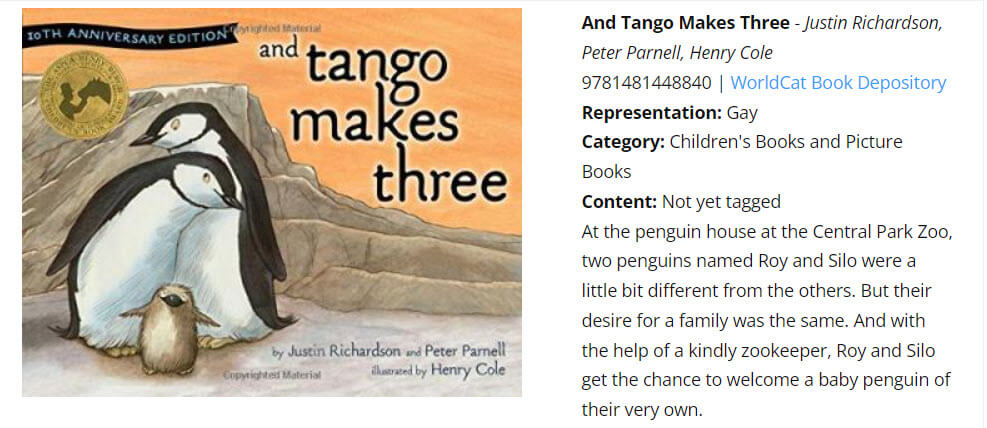
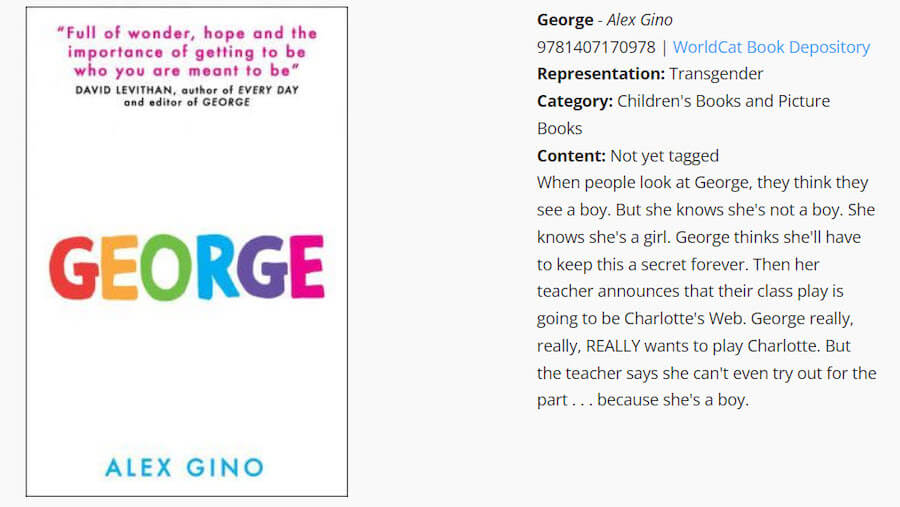
These are just a few examples of books that you probably don’t want your children reading. There are many more on the recommended list which are just as concerning.
From the InsideOUT website, they have a video resource page for teachers (all free resources) to use in classrooms. Ironically, they try to pretend that their resources aren’t radical by emphasising that the videos for intermediate-age (11-13 year olds) only focus “mainly on gender identity and less on sexual identities.” How comforting!
PARENTS: What can you do?
1. Contact your school and see whether they are observing “Schools Pride Week Aotearoa 2023”. Many schools won’t be because they’re rightly more focused on teaching and educating, and focusing on all students rather than their sexuality and gender identity.
2. If they are observing it, find out how they will be observing it, and is it optional. Will there be any pressure on students to participate in activities specifically related to it. Will outside groups such as RainbowYouth or InsideOUT be in the school during the week.
3. If you have any concerns, keep your children at home for the week. Read our Parent Guide (click on image to download)
It contains important information including:
* what are the legal rights of parents / caregivers
* what is the relevant law that parents should understand and quote when corresponding with their child’s school
* your action points as a parent, including key leaders to meet and events to attend, sample letters to have your children excluded from any classes or events you disagree with, and questions to ask in order to obtain the relevant information.
Please remember – though you may choose to entrust your child to a school, parents are ultimately responsible for overseeing their child’s education and moral development.
READ: 6 Reasons Christians don’t support ‘pride’
READ: Analysis of Relationship & Sexuality Curriculum
Your role is so crucial. ‘Hoping for the best’ is no longer an option. Let’s not leave the door open for our children to be taught about sexuality and gender theory by the voices of people whose agendas and values don’t align with ours.

